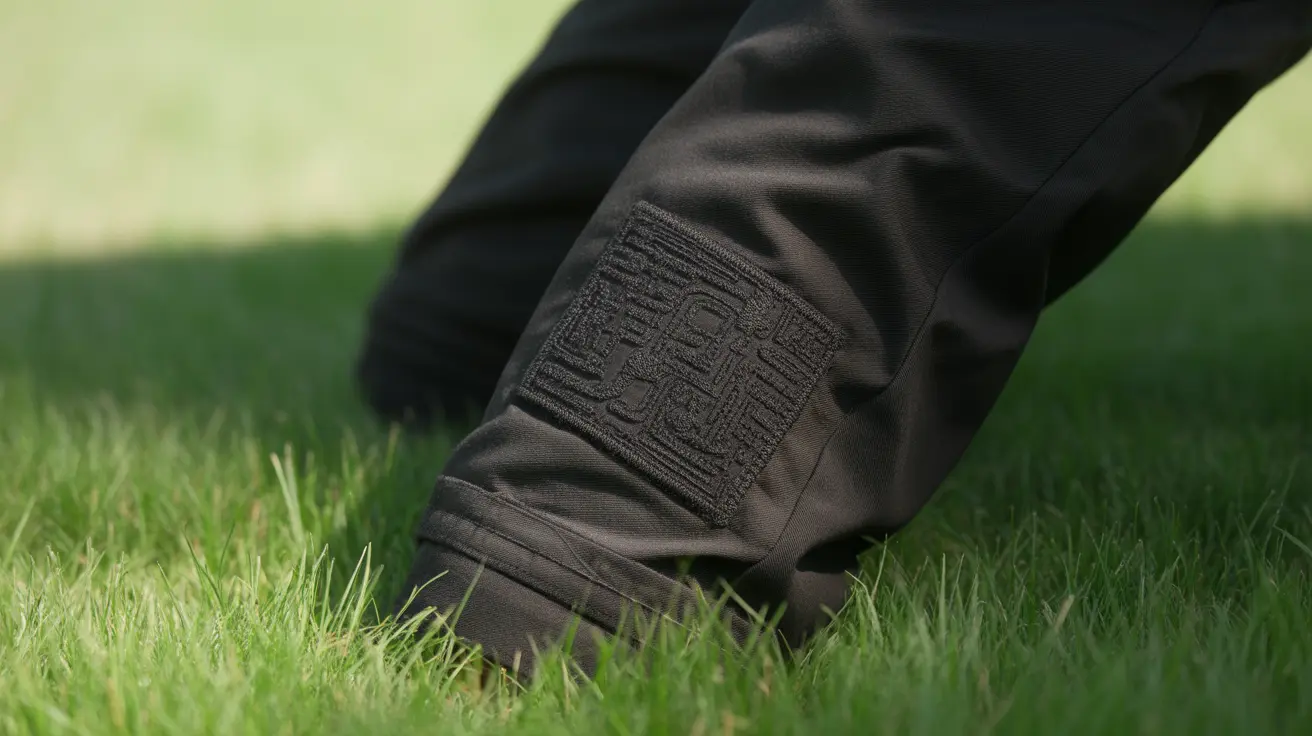Why Your Dog Is Clingy When You're on Your Period
It's not uncommon for pet parents to notice changes in their dog's behavior during a woman's menstrual cycle. One of the most frequently observed behaviors is increased clinginess — dogs may follow you around, offer excessive snuggles, or seem more emotionally attuned than usual. But why does this happen? Let's explore the reasons behind your dog's heightened attachment during your period.
Dogs and Their Incredible Sense of Smell
Dogs have an extraordinarily powerful sense of smell — up to 100,000 times more sensitive than humans. Because of this, they can detect subtle changes in human pheromones and hormones. During menstruation, a woman's body produces different hormonal secretions, which can be detected by a dog’s sensitive nose.
- Estrogen and other hormones: Hormonal fluctuations during menstruation result in distinct body odors that dogs are able to detect.
- Blood scent: The scent of menstrual blood can also alert dogs that something is different, increasing their curiosity and vigilance.
Behavioral and Emotional Sensitivity
Dogs are also highly attuned to our moods and behaviors. Many women experience mood swings, cramps, fatigue, and other symptoms during their period, which dogs can sense.
- Reading your mood: Dogs can pick up on changes in body language, tone of voice, and emotional state.
- Empathy and bonding: Dogs are known to exhibit empathic behaviors. If you feel unwell or moody, your dog may become more protective, wanting to comfort you.
Your Dog’s Personality Matters
Every dog is different. Some are naturally more independent, while others are clingy and sensitive by nature. Your dog’s personality and past experiences can influence how they respond to your menstrual cycle.
- Protective breeds: Certain breeds are more protective and attentive, potentially becoming clingier during menstruation.
- Bonded dogs: Dogs that are especially bonded to their owners are more likely to show concern and heightened attention.
Possible Training and Behavioral Reinforcement
Another reason could be that your dog receives more attention or cuddles when you're on your period, reinforcing this affectionate behavior over time.
- Positive reinforcement: If your dog gets extra love when you're not feeling well, they may begin to associate your period symptoms with cuddle time.
- Routine changes: You might be less active or spend more time on the couch, encouraging your dog to relax close to you.
When to Be Concerned
Generally, clinginess during your period is normal and a sign of your dog’s loyalty. However, if the behavior includes signs of anxiety, such as whining, pacing, or destruction, it may indicate a deeper issue worth discussing with a vet or behaviorist.
- Separation anxiety: Excessive attachment could be a symptom of a more serious emotional problem.
- Unusual behavior: Sudden or extreme changes might not be related to your period and could signal health or environmental issues.
How to Support Your Dog
If your dog becomes clingy during your period, there are simple ways you can maintain a healthy interaction:
- Offer reassurance: Give them gentle attention without reinforcing needy behavior.
- Stick to routines: Maintain consistent walk, meal, and play schedules to keep your dog grounded.
- Set boundaries: Encourage independence through training and alone time when needed.
Understanding your dog's behavior is a rewarding part of pet ownership. Their clinginess isn't just a random habit — it’s their unique way of responding to your physical and emotional state. Embrace the bond and use this time to strengthen your connection, all while ensuring healthy boundaries and emotional well-being for both of you.





